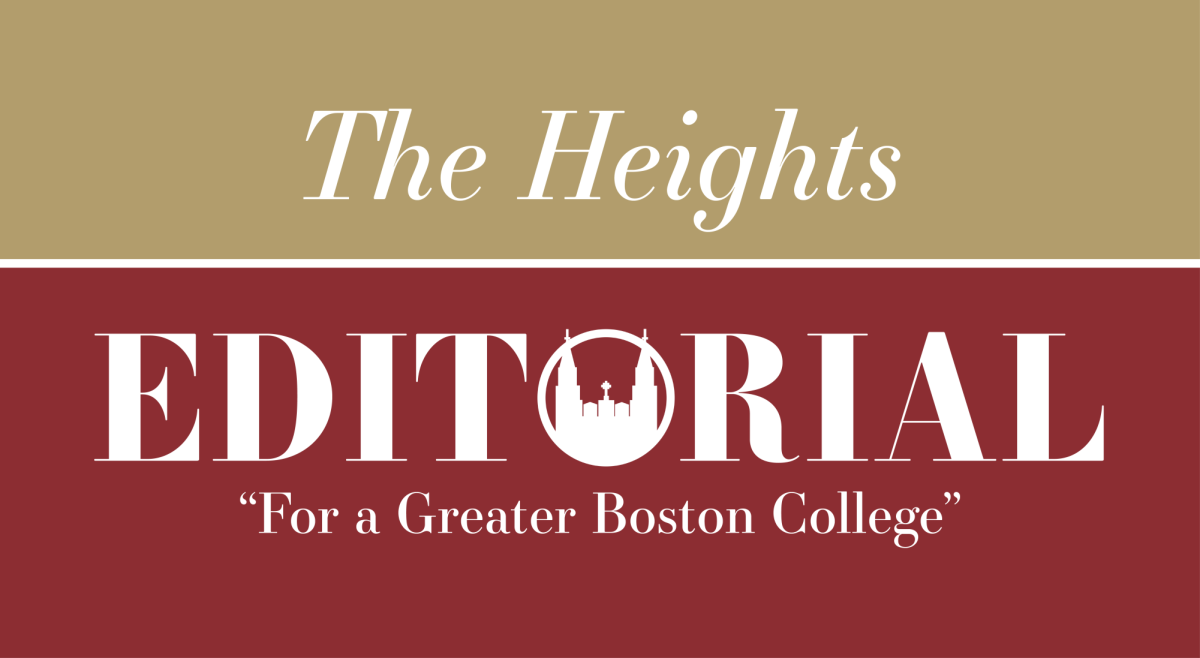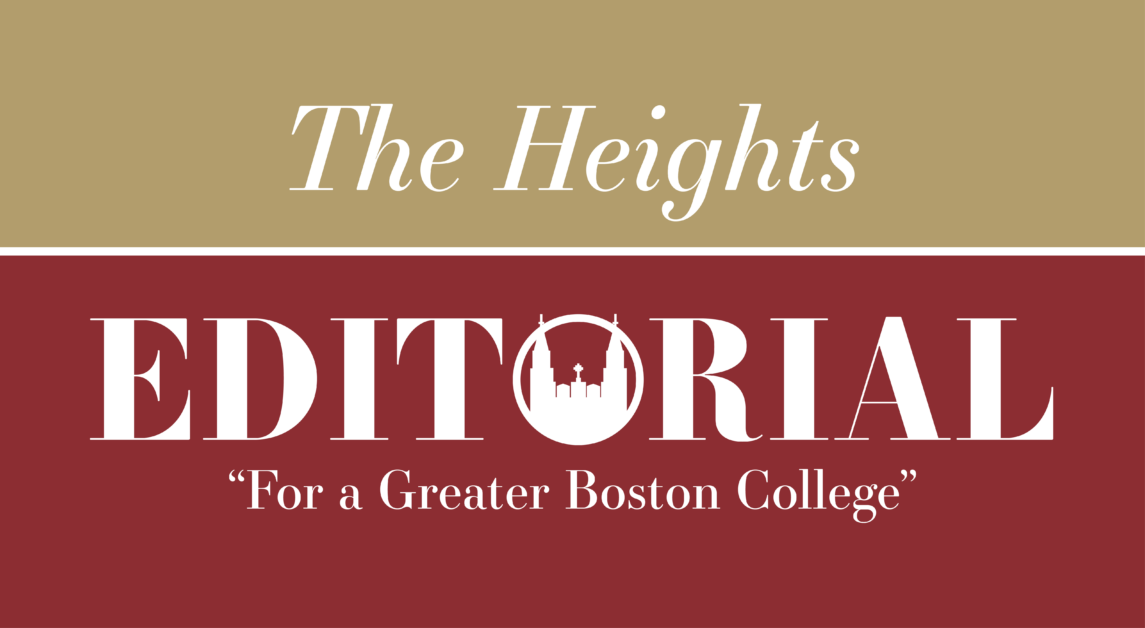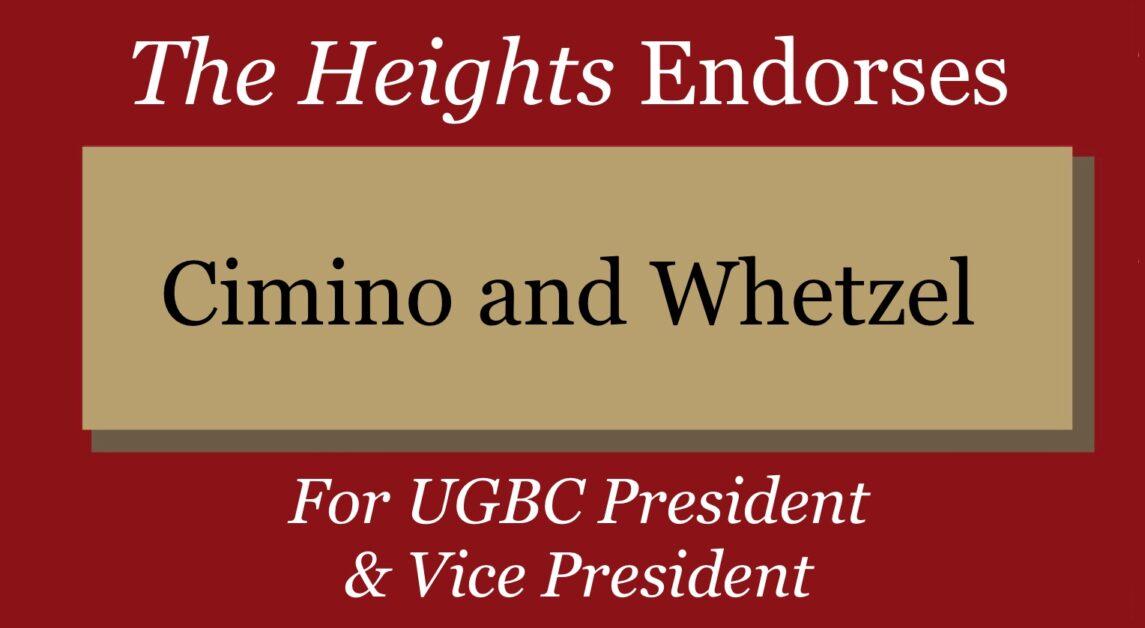The number of undergraduates studying political science at Boston College has been steadily growing over the years. Currently, the department has a total of 924 undergrads that have declared political science as their major, an increase in the last five years of 280 students. The number of faculty members in the department, however, has not experienced the growth necessary for this influx in students—it has fluctuated between 26 and 29 professors. Kenji Hayao, the director of undergraduate studies for the department, said that they have attempted to hire more faculty members, but it has proven difficult to secure professors with optimum credentials given that the process takes much time and work from the department collectively.
The introductory political science courses are restricted to political science majors, which is necessary because these students need to learn the basics of the subject, but many higher-level electives are not, such as Politics and Comedy, or Modern Iran. If intro courses were not restricted, they could quickly fill with students not studying political science but fulfilling their social science core. The department also typically caps courses to ensure that students are taught in a more personal setting. Still, as the number of students rises, while faculty size remains relatively stagnant, the political science department appears to face a dilemma: It does not want to increase class sizes, and hiring new professors is often a complicated, time-intensive process. As a consequence, some political science majors find themselves locked out of upper-level courses, while non-major peers with good pick times are able to register for these classes.
A possible, temporary solution would be to adjust course requirements. If the department were to designate introductory courses as prerequisites for upper-level political science classes, they could ensure that the students who want to take the upper-level classes are genuinely interested in and dedicated to learning about the topic—it would filter out the students that want to take only elective courses and open up upper-level classes to majors who might get late class registration pick times. This would also prevent students from taking electives before introductory level courses, for which they might be more prepared. While this solution could have negative unintended consequences—like discouraging non-political science majors with broad interests from taking these classes, being complicated to implement, and affecting upper-level course enrollment—we are curious to see whether establishing introductory courses as prerequisites would improve upper-level course availability for political science majors.
Featured Graphic by Nicole Chan / Graphics Editor












